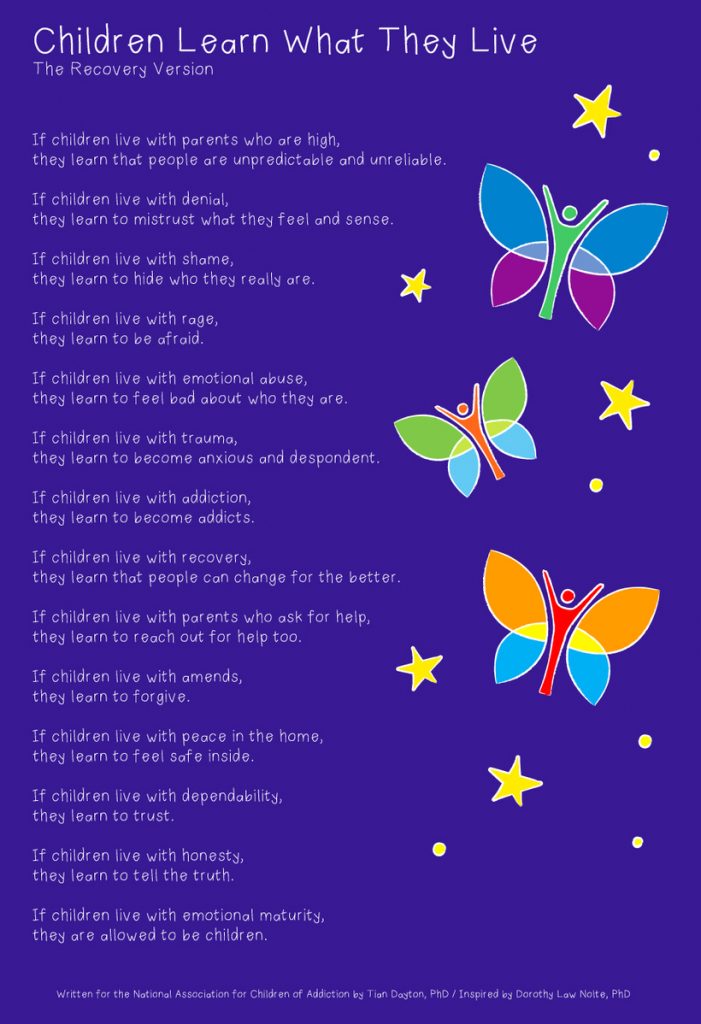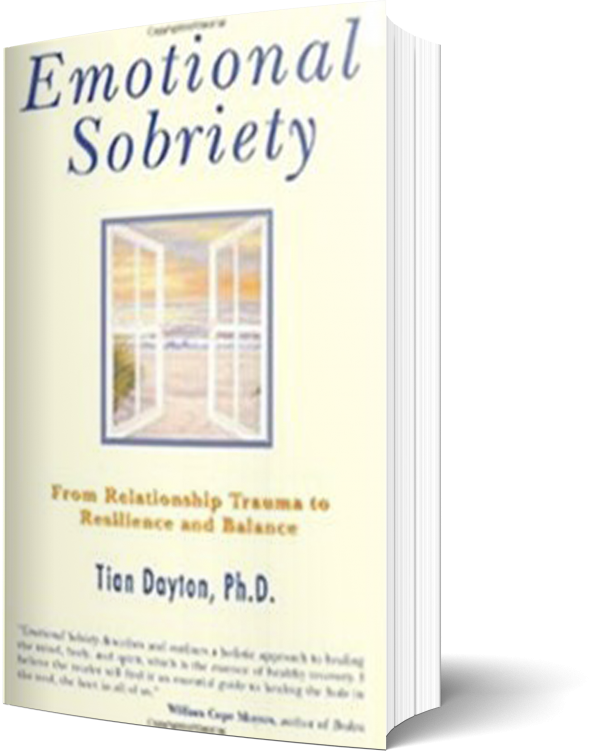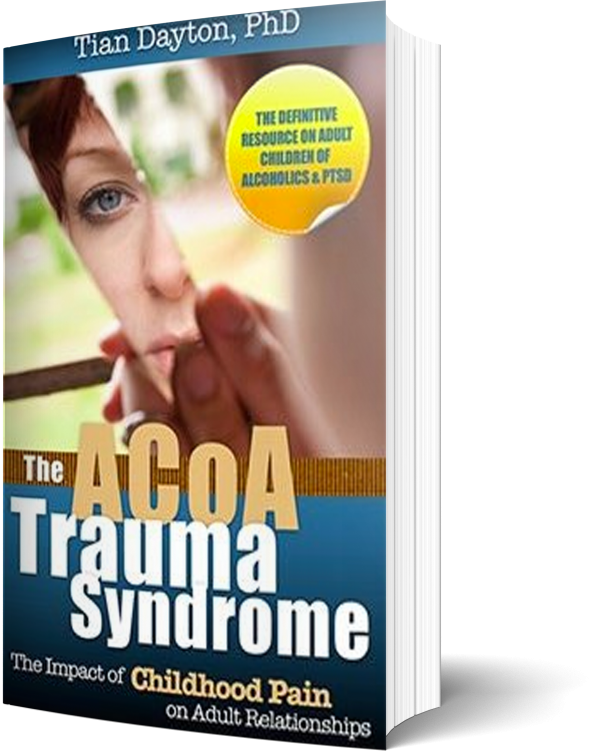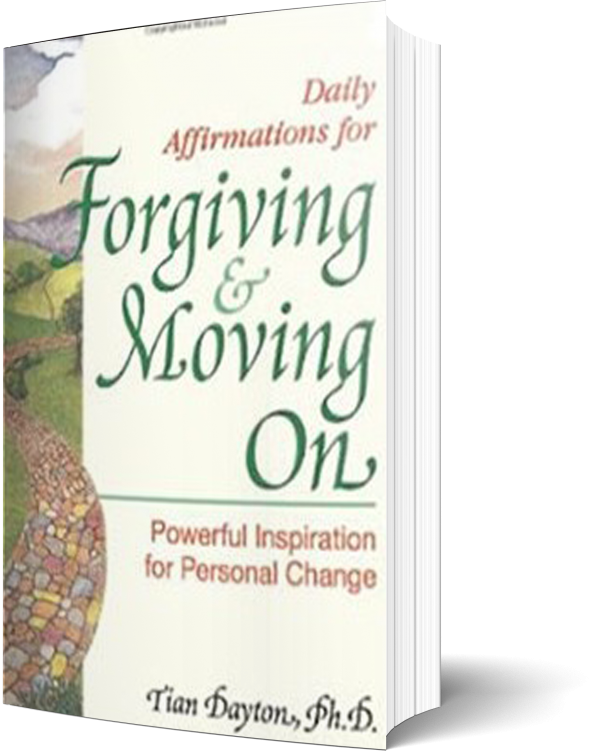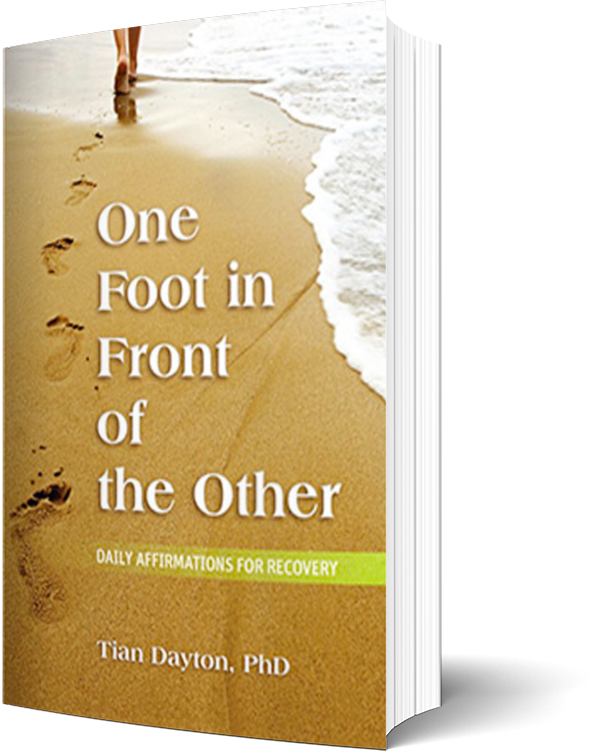Children experience a great deal of emotional pain when they watch the parents they love, look up to and need in order to feel safe and secure exhibit the kind of behavior that is part of addiction.
Children experience deep anxiety.
Not only do they loose a parent they love for unpredictable amounts of time, their other parent is caught in their own pain, their own dance. The other parent can be lost in a kind of denial that leaves children feeling that they cannot make sense of their own reality, in other words kids feel one thing (read: worried, anxious) but are told everything is fine.
Or they are let in on their other parent’s deep concern and pain and then they have two parents to worry about. They are in way over their heads. They see saw between longing for one parent to sober up, and the other parent to come back to them and not be preoccupied all the time. Their young lives are spent in the middle of grown up problems that they cannot hope to solve.
But that doesn’t mean they don’t try to.
Children in addicted homes try, often with all their might, to “help” their parents. This may take the form of listening to their parent’s problems well beyond their own capacity and comfort level. Or taking on household tasks that aren’t getting done. They want to help their parents feel better, to bring a smile to their faces. Or they want to keep their parent from yelling, raging or neglecting them and they reason that if they are “good” enough and “helpful” enough, their parents will behave the way they need them to. Children often become little parents, taking over the care of younger siblings, comforting them when they are upset, making meals, doing homework, preparing school lunches, the list goes on.
In other words they learn to postpone what they need in order to rescue their parents. They give up their childhood too soon.
In a normal home with children in it, there is stress. In a home that is dealing with addiction that stress can easily fly out of control.And addiction doesn’t travel alone, it has disturbing bedfellows, where emotional and behavioral governors are down, abuse and neglect go up.
So this in a way is a plea to any family that is struggling with addiction to get help sooner rather than later. Trust me, I was once one of these kids and the painful and confusing experience that your child is having now will stay with them for years and decades. It is traumatizing for a child to live with addiction. And trauma has a long afterlife. The child in the addicted home often learns to numb their emotions or dissociate from them because feeling them hurts too much. This can send parents a false positive, but kids become very adept at hiding their feelings both from others and themselves. However, those feelings and that anxiety don’t disappear. They go underground where they can remain unconscious for many, many years. But like many things that are buried, there is a leaching that occurs. When our own inner world feels unsafe or confusing, we lose access to our best line of defense in life, and our greatest source of resilience, we lose confidence and a sense of self worth and self esteem.
Please if you are struggling with addiction do not underestimate the damage it can do and is doing to you and those you love the most and who love you the most.Help is around the corner, AA and ALANON are lifelines, they are a world with open arms, people helping people who will understand what you are going through because “they’ve been there,” nacoa.org is a resource of information. It’s recovery month, what better time to seek out recovery! Just reach out, you will find more comraderie than you can now imagine. Click, take a step, learn more, get help, find relief.

